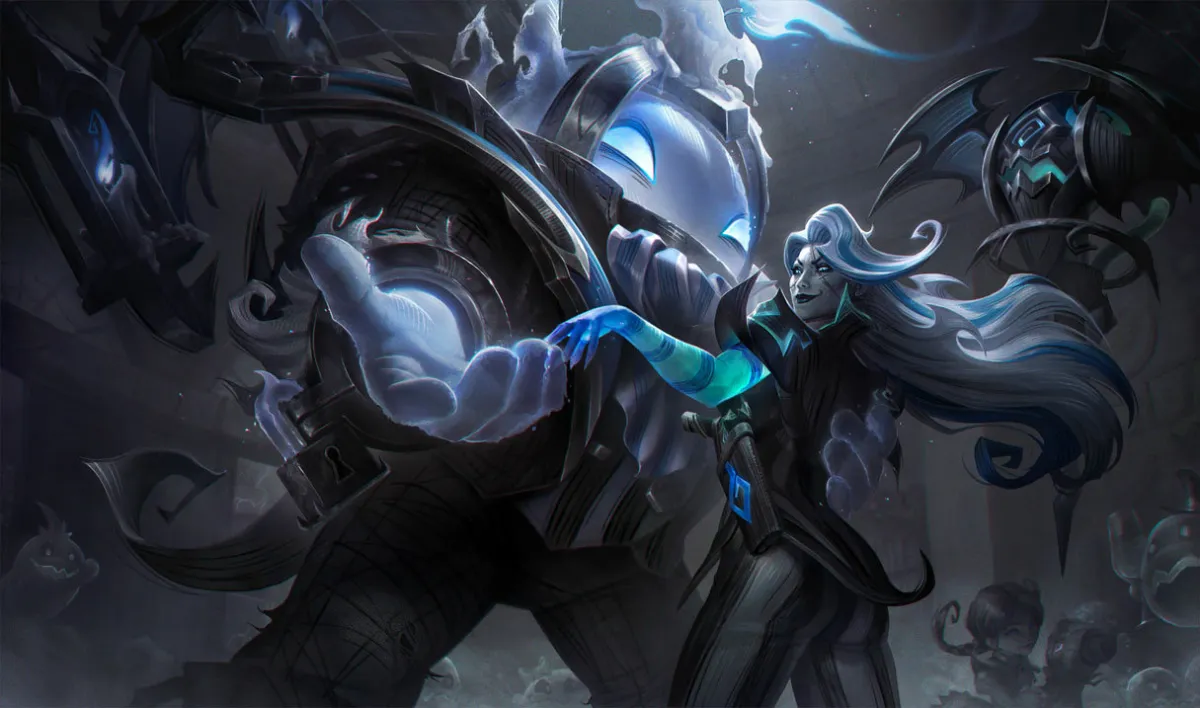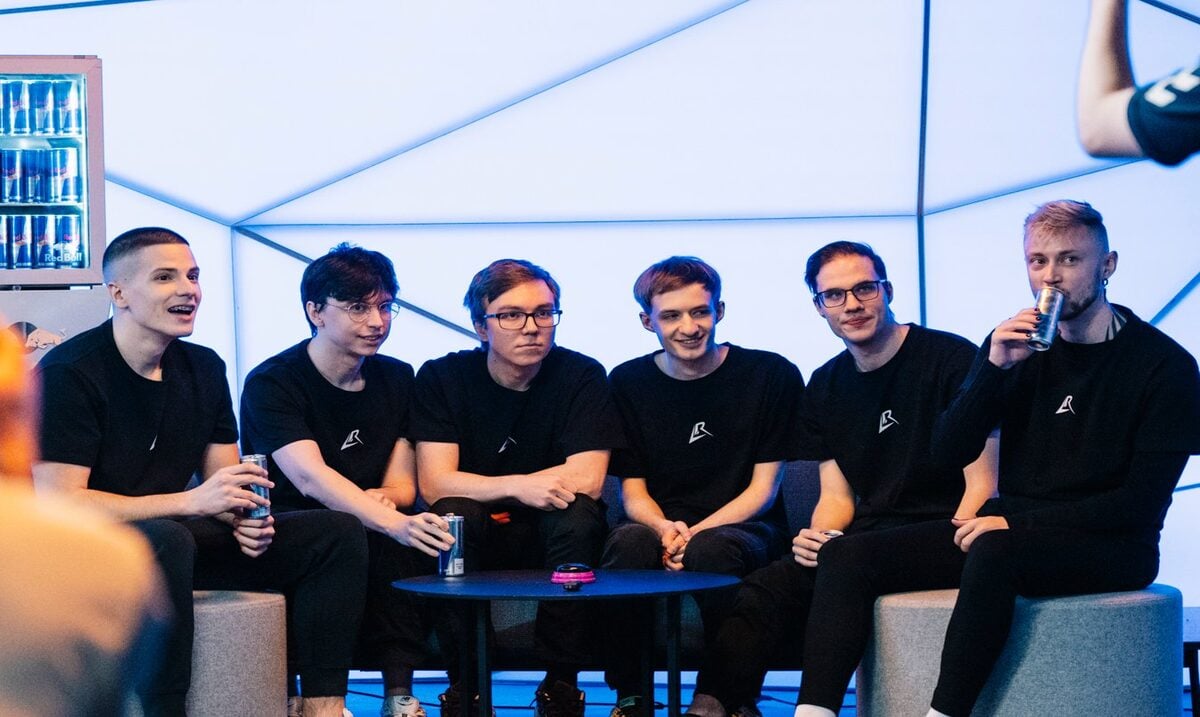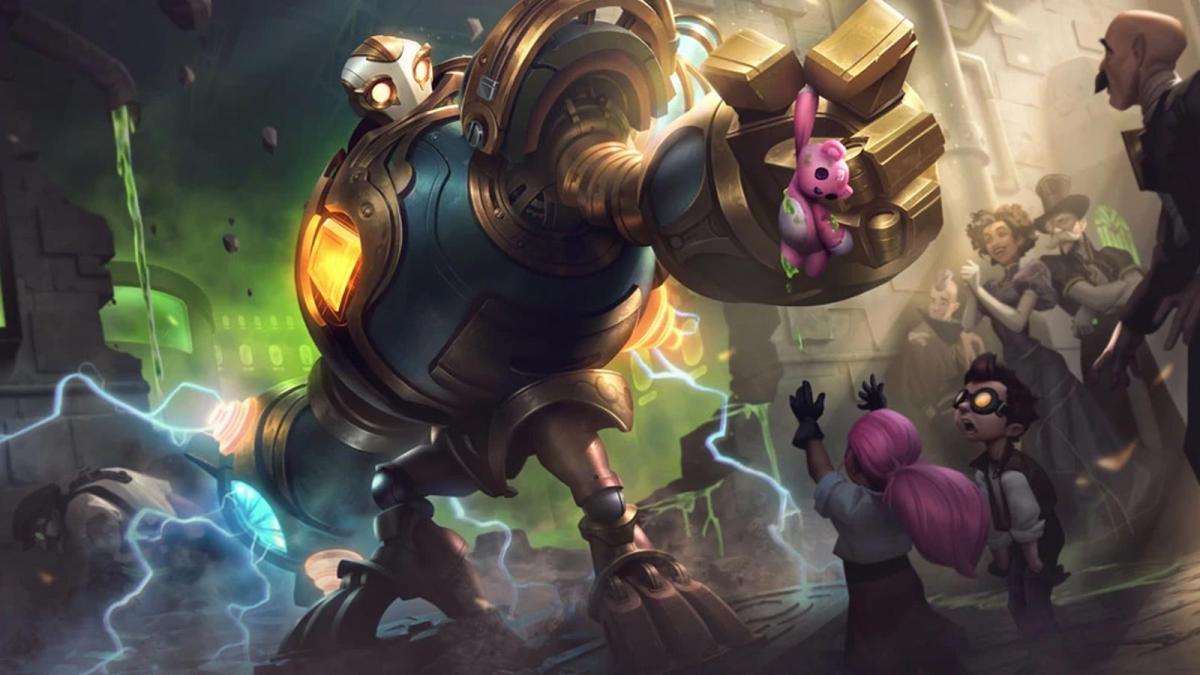If a pair of visionary twin brothers at the University of Texas are right, within a few years eSports—competitive video game playing—will have conquered university campuses across the United States. And the moment the tide changed may all come back to a little name change.
Brothers Adam and Tyler Rosen started the Texas eSports Association in 2010 with only 20 members. Since then, it’s ballooned in size and made international headlines thanks to the success of its tournaments. But the Rosen brothers aren’t satisfied with regional dominance. They want to go national, beginning with a name change to make the whole thing a lot more geographically inclusive: say goodbye to the Texas eSports Association, and hello to TeSPA.
“[Adam and Tyler] looked at major professional eSports tournaments organized by companies like IGN or Red Bull and said, ‘We could do something just as good on a third of the budget,” TeSPA’s chief financial officer Matthew Wiltshire told the Daily Dot.
Most popular in South Korea, eSports have grown in popularity in the United States in recent years, especially with the advent of servics like Twitch.tv that let users watch players compete over the Internet. Earlier this year, the U.S. government officially classified eSports players at professional athletes.
TeSPA first made waves on the eSports circuit when it hosted the Lone Star Clash tournament in March of 2012, which featured both professional and amateur, college-level Starcraft II players. The 2 million online viewers who watched it came from 50 countries. A second tournament later that year—the professionals-only Lone Star Clash 2—proved even bigger and more successful.
It’s precisely the experience the organization has gained hosting these events, along with a myriad of smaller ones, that TeSPA plans on utilizing as it converts itself into a national eSports powerhouse with chapters all across the country. Starting this school year, the group has already set up nine new chapters chapters from California’s San Jose State to George Mason University in Virginia.
“In the just the first week, over 600 students have signed up for the clubs,” Wiltshire said. “And that’s just counting the two schools that had started classes by then.”
Most of chapter management happens locally. TeSPA provides funding and logistical support for gaming events as small as LAN parties, which could require help in everything from procuring networking cables to securing permits. The group has even produced a 40-page guide with step-by-step instructions on how to host large-scale gaming competitions.
“In a few years, we had grown from non-existence to some sort of a global phenomenon,” Adam Rosen told UT student newspaper the Daily Texan.
“We looked around the rest of the United States, and there were some fledgling groups popping up, trying to emulate us…but they weren’t growing very fast. So we said, ‘There’s no reason what we did should be restricted to us.'”
TeSPA has plans to expand into the realm of high schools as well. The group already has a presence at a small handful of Austin, TX high schools located near the UT campus.
Critics might argue that encouraging kids to play more video games might not be the best idea, but Wiltshire noted that TeSPA’s primary mission is, at its heart, fundamentally educational.
Video games have the power to teach us a lot of different thing: teamwork, hand-eye coordination, and the fact that dressing like a raccoon gives sometimes yields the power of flight, Wiltshire added that encouraging students to organize their own eSports tournaments teaches an entirely different set of skills.
“We want to teach entrepreneurship; we want to teach creative problem solving; we want to teach leadership,” he explained. “To people who know what eSports is, the notion that it can be a tool to better their academic and professional careers isn’t foreign in the slightest.”
Photo via TeSpa/Facebook






Published: Sep 12, 2013 3:06 PM UTC